Best brazilian coffee, a country synonymous with vibrant culture, lush rainforests, and infectious rhythms, also holds a prestigious title ,the world’s largest coffee producer. This South American gem has cultivated a deep-rooted relationship with coffee, resulting in a product that has captured the palates of millions worldwide.
Best Brazilian Coffee delves into the captivating world of Brazilian coffee, exploring its rich history, diverse regions, unique characteristics, and the factors contributing to its global dominance. From the nuances of different bean varieties to the art of brewing the perfect cup, we will provide a comprehensive guide for coffee enthusiasts and industry professionals alike.
The Coffee Giant: Brazil’s Dominance
Best Brazilian Coffee industry is a behemoth, shaping the global market with its vast plantations, efficient production methods, and unwavering commitment to quality. Several key factors contribute to the country’s dominance:
- Ideal Climate and Terrain: Brazil boasts a diverse geography, encompassing various altitudes, soil types, and climatic conditions. This diversity allows for the cultivation of a wide range of coffee varieties, each with its distinct flavor profile.
- Extensive Cultivation: With millions of hectares dedicated to coffee cultivation, Brazil enjoys economies of scale, enabling efficient production and competitive pricing.
- Focus on Quantity and Quality: While traditionally known for high-volume production, Brazil has made significant strides in enhancing coffee quality, with a growing number of specialty coffee farms emerging.
- Strong Infrastructure: A robust infrastructure, including transportation and processing facilities, supports the coffee industry, ensuring efficient distribution of beans to domestic and international markets.
The Allure of Brazilian Coffee Beans
Best Brazilian Coffee are celebrated for their distinct characteristics that appeal to a wide range of coffee drinkers. Key attributes include:
- Balanced Flavor Profile: Brazilian coffees are renowned for their well-rounded taste, combining subtle sweetness, low acidity, and a smooth, medium body.
- Nutty and Chocolatey Notes: Many Brazilian coffees exhibit flavors reminiscent of nuts, chocolate, and caramel, creating a comforting and enjoyable experience.
- Versatility: Brazilian beans excel in various brewing methods, from espresso to drip coffee, making them a versatile choice for coffee lovers.
- Affordability: Due to large-scale production, Brazilian coffee is generally more affordable than coffees from other origins, making it accessible to a wider audience.
Exploring Different Regions of Brazil
Best Brazilian Coffee is a vast country with diverse coffee-growing regions, each contributing unique characteristics to the overall flavor profile. Some of the most prominent coffee-producing areas include:
- Cerrado: Known for its high-altitude plantations, Cerrado produces coffees with bright acidity, floral notes, and complex flavors.
- Minas Gerais: This region is famous for its mild, well-balanced coffees with hints of chocolate and caramel.
- São Paulo: Home to a mix of traditional and modern farms, São Paulo offers a wide range of coffee styles, from classic Brazilians to specialty-grade beans.
- Bahia: This northeastern state produces coffees with distinct fruity and floral characteristics, often with higher acidity levels.
Key Brazilian Coffee Bean Varieties
Best Brazilian Coffee primarily cultivates Arabica coffee beans, with several popular varieties:
- Bourbon: A classic Brazilian variety known for its balance, sweetness, and medium body.
- Catuai: A high-yielding variety that produces coffees with good acidity and clean flavor.
- Mundo Novo: A hybrid of Bourbon and Arabica, offering a combination of sweetness and complexity.
- Yellow Bourbon: A mutation of the Bourbon variety, characterized by yellow beans and a slightly sweeter flavor profile.
The Art of Brewing Best Brazilian Coffee
Best Brazilian Coffee,To fully appreciate the nuances of Brazilian coffee, proper brewing techniques are essential. Here are some tips:
- Grind Size: Use a medium-coarse grind for drip coffee and a finer grind for espresso.
- Water Temperature: Aim for water temperature between 195°F and 205°F (90°C and 96°C) for optimal extraction.
- Brew Time: Adjust brew time according to your preferred strength and flavor intensity.
- Experimentation: Don’t be afraid to experiment with different brewing methods and coffee-to-water ratios to find your perfect cup.
The Benefits of Drinking Best Brazilian Coffee
Best Brazilian Coffee,Beyond its delightful taste, Brazilian coffee offers several potential health benefits:
- Antioxidant Power: Coffee, including Brazilian varieties, is rich in antioxidants that help protect cells from damage.
- Improved Cognitive Function: Caffeine in coffee can enhance focus, alertness, and cognitive performance.
- Boosted Metabolism: Coffee can temporarily increase metabolism, aiding in weight management.
- Reduced Risk of Certain Diseases: Some studies suggest coffee consumption may lower the risk of type 2 diabetes, Parkinson’s disease, and liver disease.
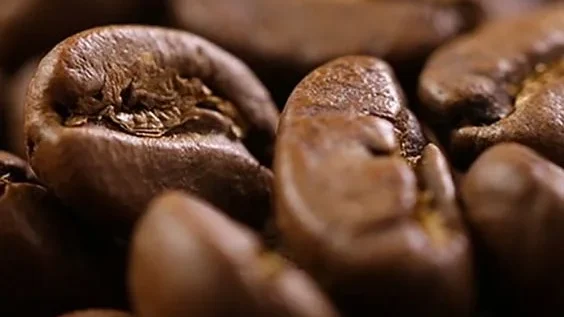
Coffee Farming Practices
- Shade-Grown vs. Sun-Grown: While Brazil has historically relied on sun-grown coffee, there’s a growing trend towards shade-grown cultivation. Shade-grown coffee is often associated with higher quality beans, as the slower ripening process allows for the development of richer flavors.
- Harvesting Methods: Most Brazilian coffee is harvested by hand, a labor-intensive process that ensures only ripe cherries are picked. This meticulous approach contributes to the overall quality of the beans.
- Sustainability Initiatives: The Brazilian coffee industry has recognized the importance of sustainability. Many farms are implementing eco-friendly practices, such as water conservation, soil management, and biodiversity preservation.
Coffee Processing Methods
The processing method significantly impacts the flavor profile of the coffee bean. Brazil primarily utilizes two main processing methods:
- Natural Process: In this method, coffee cherries are dried with the fruit intact, resulting in beans with a sweeter and fuller body.
- Pulped Natural Process: A hybrid of natural and washed processing, this method involves removing the outer skin but leaving the mucilage intact during drying. It produces coffees with complex flavor profiles.
The Rise of Specialty Coffee in Brazil
While Best Brazilian Coffee has long been associated with commodity-grade coffee, the country has experienced a remarkable transformation in recent years. A growing number of specialty coffee farms are emerging, producing exceptional beans that compete with the world’s finest.
- Focus on Quality: Specialty coffee farmers in Brazil are investing in varietal selection, cultivation practices, and processing techniques to create unique and complex coffees.
- Terroir and Microclimates: These farmers are exploring the influence of terroir and microclimates on coffee flavor, resulting in distinctive and terroir-driven coffees.
- International Recognition: Brazilian specialty coffees are gaining recognition in international competitions, elevating the country’s coffee reputation.
Brazilian Coffee in the Global Market
Brazil’s coffee production has a profound impact on the global coffee market. As the world’s largest exporter, the country plays a crucial role in stabilizing coffee prices and ensuring a consistent supply.
- Economic Importance: Coffee is a vital commodity for Brazil’s economy, generating significant revenue and employment opportunities.
- Global Partnerships: Brazil maintains strong trade relationships with coffee-consuming countries, contributing to the global coffee culture.
- Challenges and Opportunities: The Brazilian coffee industry faces challenges such as climate change, price fluctuations, and increasing competition. However, the country’s focus on quality and sustainability presents opportunities for growth and expansion.


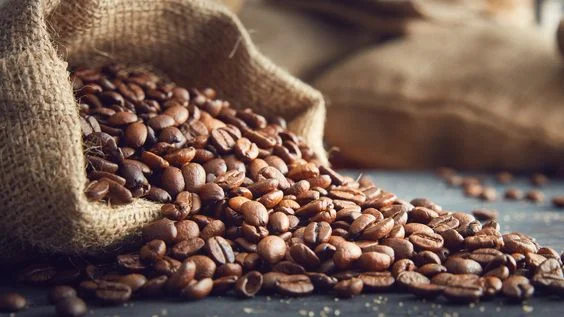



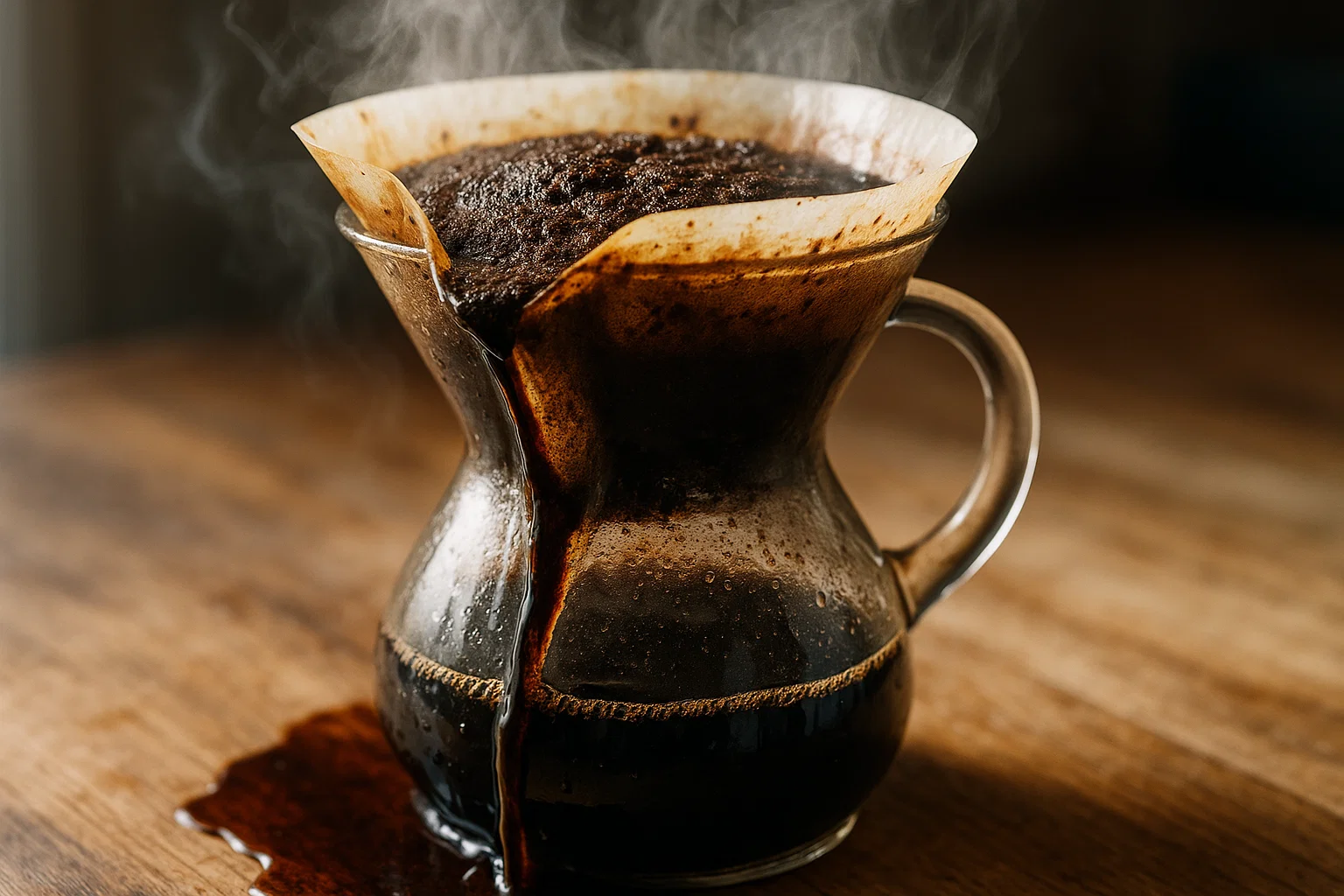
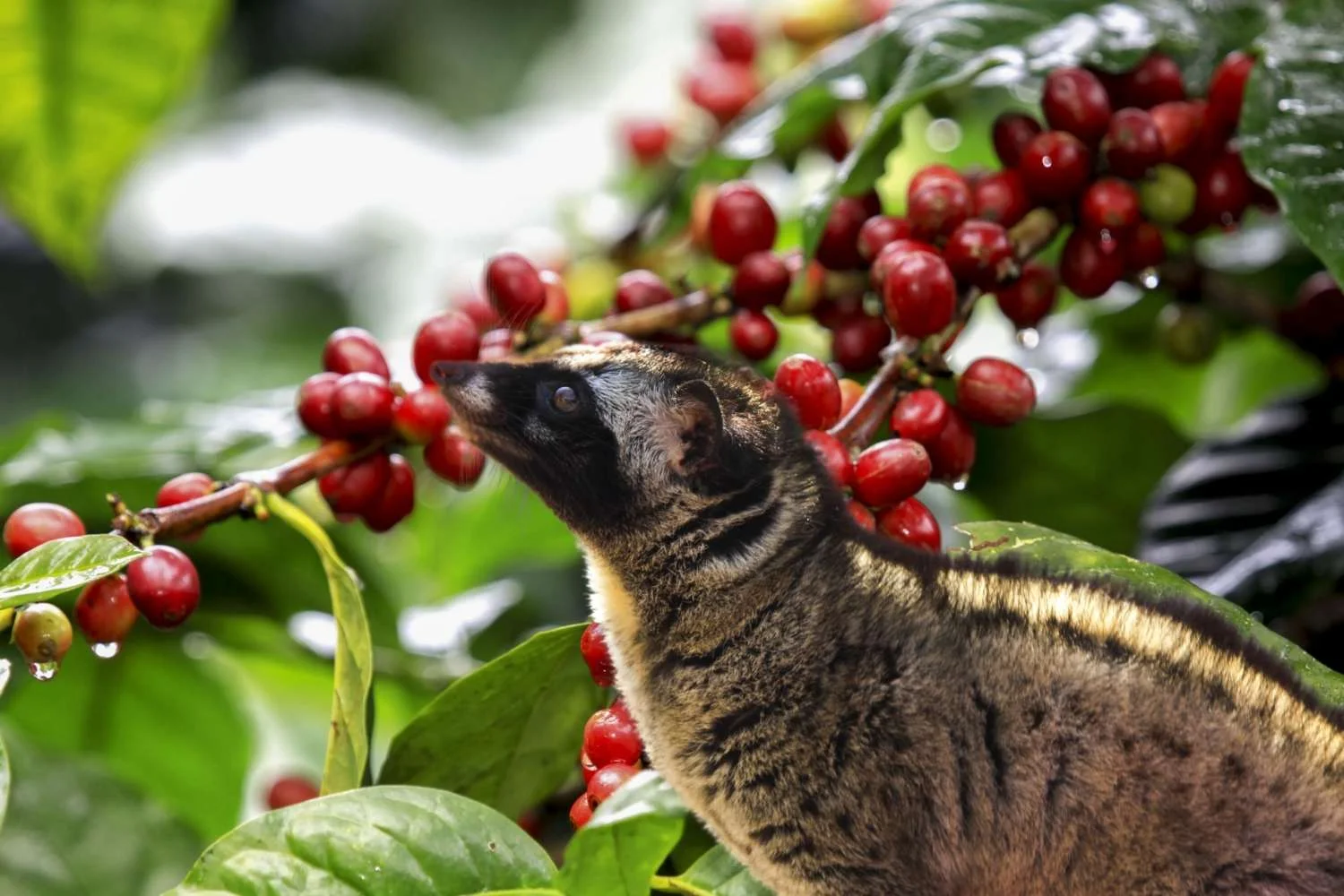


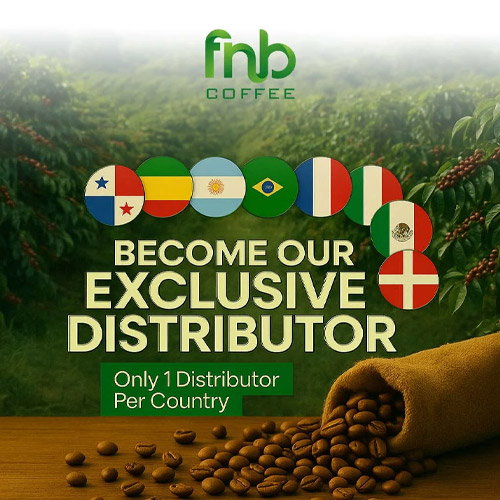

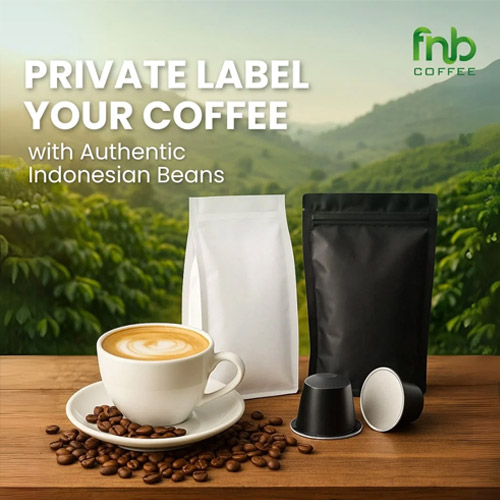

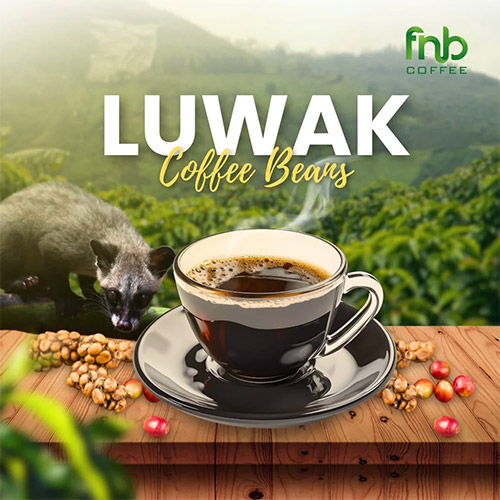



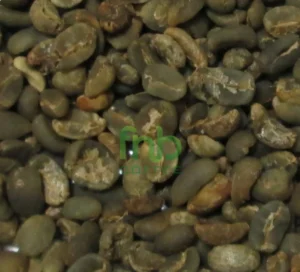
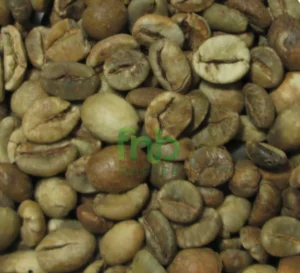








 Arabic
Arabic Chinese (Simplified)
Chinese (Simplified) Dutch
Dutch English
English French
French German
German Indonesian
Indonesian Italian
Italian Japanese
Japanese Portuguese
Portuguese Russian
Russian Spanish
Spanish